Adapting to difficulties
The delegation of the National Assembly of Can Tho City has just conducted a survey on the rice trading situation in Trung Hung Commune, Can Tho City. According to Mr. Tran Van Dat, Chairman of the People's Committee of Trung Hung Commune, the commune currently has 18 rice trading enterprises. Currently, farmers are harvesting the autumn-winter rice crop, but the price of rice has continuously decreased. Specifically, the average price at the beginning of the crop was about 6,400 VND/kg, now it is only about 5,000 VND/kg, due to the lack of purchasing activities. Through research, the commune has recorded the recommendations of enterprises, cooperatives, and farmers about the situation of large inventories, and the price of rice tends to decrease because some of Vietnam's rice import markets have regulated the output and time of rice import.
Processing rice for export at Tam Lang Joint Stock Company, Trung Hung commune.
Faced with the situation of rice prices tending to decrease due to the impact of Vietnam's main rice import markets, enterprises in the commune also want to access capital to purchase rice from farmers. According to Ms. Nguyen Thi Lang, Director of Tam Lang Joint Stock Company, the company has invested in a synchronous processing factory and warehouse system to meet export demand. On average, the company processes over 1,000 tons of rice per day, but due to limited capital, the company cannot ensure the capacity to purchase and store temporarily. Therefore, Tam Lang as well as rice processing and exporting enterprises in the area hope that banks will promptly have policies to support loan interest rates so that enterprises can proactively source capital to purchase rice for farmers.
According to statistics from the functional sector, in Can Tho City, there are 34 enterprises directly trading and exporting rice, focusing on traditional markets such as the Philippines, Indonesia, Japan, UAE, China, and some European countries. According to Mr. Hua Truong Son, Deputy Director of the Department of Industry and Trade of Can Tho City, the Philippines' temporary import of rice from Vietnam for 60 days (from September 1, 2025) has had an impact on Vietnam's rice exports in general and Can Tho City in particular. The city's Department of Industry and Trade has proactively contacted the Vietnam Rice Industry Association, the Import-Export Department, the Trade Promotion Department, and the Vietnamese Trade Counselor abroad to grasp information and the rice export business situation of enterprises and propose to the Ministry of Industry and Trade solutions to support the stabilization of the rice production industry.
According to Mr. Hua Truong Son, the Ministry of Industry and Trade has worked with relevant ministries and sectors and proposed policies to support preferential loans and reduce lending interest rates so that businesses have revolving capital to temporarily store and wait for the world rice price and market situation to stabilize before milling and exporting. In the long term, the Ministry of Industry and Trade also encourages businesses and farmers to increase the value of rice and rice brands to access new markets, especially demanding markets. The current difficulty is that rice exporting countries such as Thailand and India are all boosting exports, which also puts great pressure on Vietnamese rice exporting businesses. Therefore, businesses need to proactively find long-term solutions to adapt. The Ministry of Industry and Trade will continue to promptly inform businesses about the market situation so that businesses can orient their business appropriately.
Linking along the value chain
Ms. Pham Thi Minh Hieu, Head of the Department of Crop Production and Plant Protection of Can Tho City, shared: In the context of low rice prices while the cost of agricultural materials increases, farmers need to pay attention to reducing costs through the application of technical advances in cultivation. Previously, Can Tho City had a foundation for applying technical advances through the implementation of the VnSAT project and is implementing the Project of 1 million hectares of high-quality, low-emission rice associated with green growth in the Mekong Delta. During the cultivation process, farmers need to follow the instructions of the Department of Agriculture on technical processes to reduce input costs. On the part of enterprises, it is necessary to proactively link up to build raw material areas, build long-term relationships instead of purchasing raw materials from many places, which will not ensure quality, and when doing business, it will be difficult to offer good prices. Enterprises and cooperatives should cooperate long-term instead of just doing it seasonally.
According to Mr. Tran Chi Hung, Vice Chairman of Can Tho City People's Committee, to develop the rice industry stably, cooperatives need to link up and plan production according to business needs. Localities should pay attention to mobilizing businesses to participate in cultivation in the area of quality-assured commodity rice materials. On the part of businesses, they need to proactively plan production and business, and at the same time study and apply the policy mechanisms issued by the Central Government to take advantage of preferential credit policies in the short and long term to serve the mechanization of rice production, investment in warehouses, raw material areas, etc. Tighten production and business links, accompany cooperatives to provide agricultural services to support farmers in terms of input and output to increase efficiency and enhance the value of the rice industry.
Through a survey of the rice business situation in Trung Hung commune, Mr. Dao Chi Nghia, Deputy Head of the National Assembly Delegation of Can Tho City, said that after grasping the situation and feedback from enterprises and cooperatives, the delegation will continue to work with the Department of Agriculture and Environment, the Department of Industry and Trade, the State Bank Branch 14 and commercial banks participating in the rice value chain in the city. From there, they will exchange, analyze and synthesize recommendations to reflect to the city leaders on issues within their authority, in order to promptly support the removal of difficulties for rice production and business activities in the area. For issues beyond their authority, recommendations will be synthesized and sent to the Central Government. Particularly, rice businesses need to continue to make efforts to overcome difficulties, proactively coordinate and link along the value chain to increase competitiveness, stability and sustainability.
Article and photos: MINH HUYEN
Source: https://baocantho.com.vn/lien-ket-chuoi-de-nganh-hang-lua-gao-phat-trien-ben-vung-a190815.html


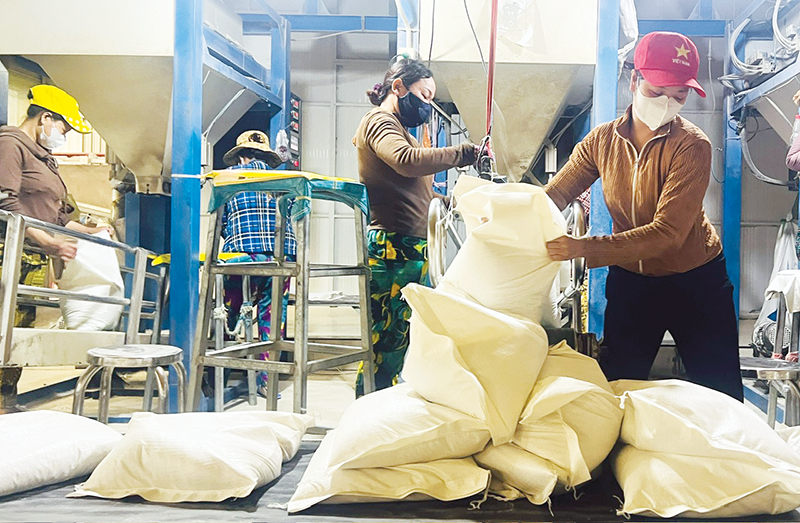
![[Photo] Cutting hills to make way for people to travel on route 14E that suffered landslides](https://vphoto.vietnam.vn/thumb/1200x675/vietnam/resource/IMAGE/2025/11/08/1762599969318_ndo_br_thiet-ke-chua-co-ten-2025-11-08t154639923-png.webp)










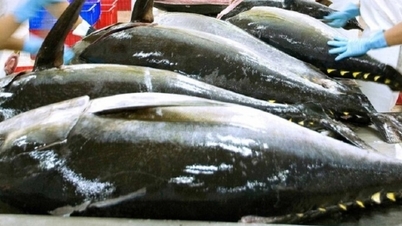

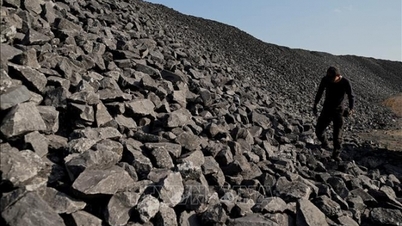




























![[Video] Hue Monuments reopen to welcome visitors](https://vphoto.vietnam.vn/thumb/402x226/vietnam/resource/IMAGE/2025/11/05/1762301089171_dung01-05-43-09still013-jpg.webp)
































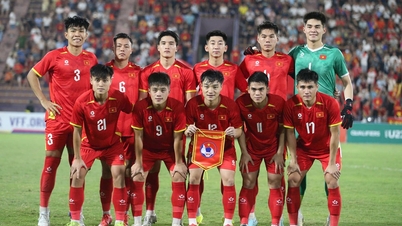


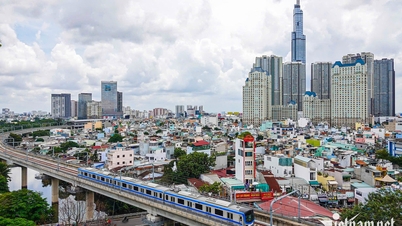












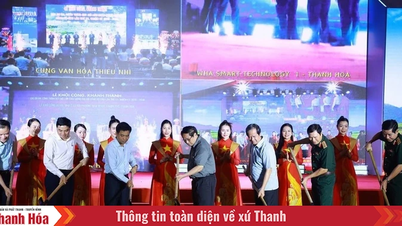
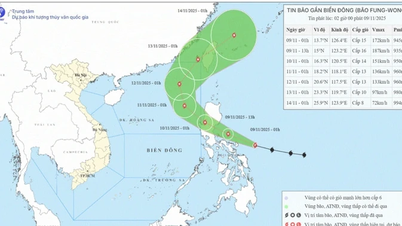

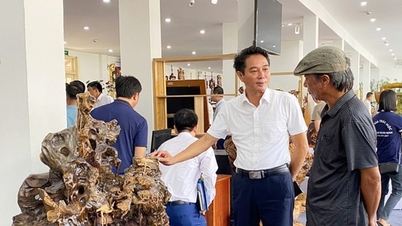

















Comment (0)